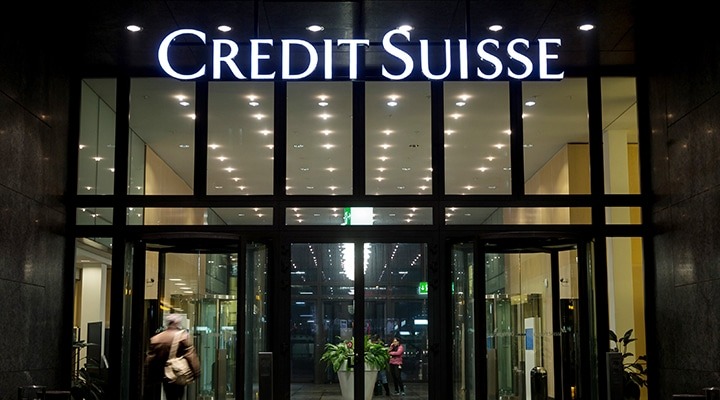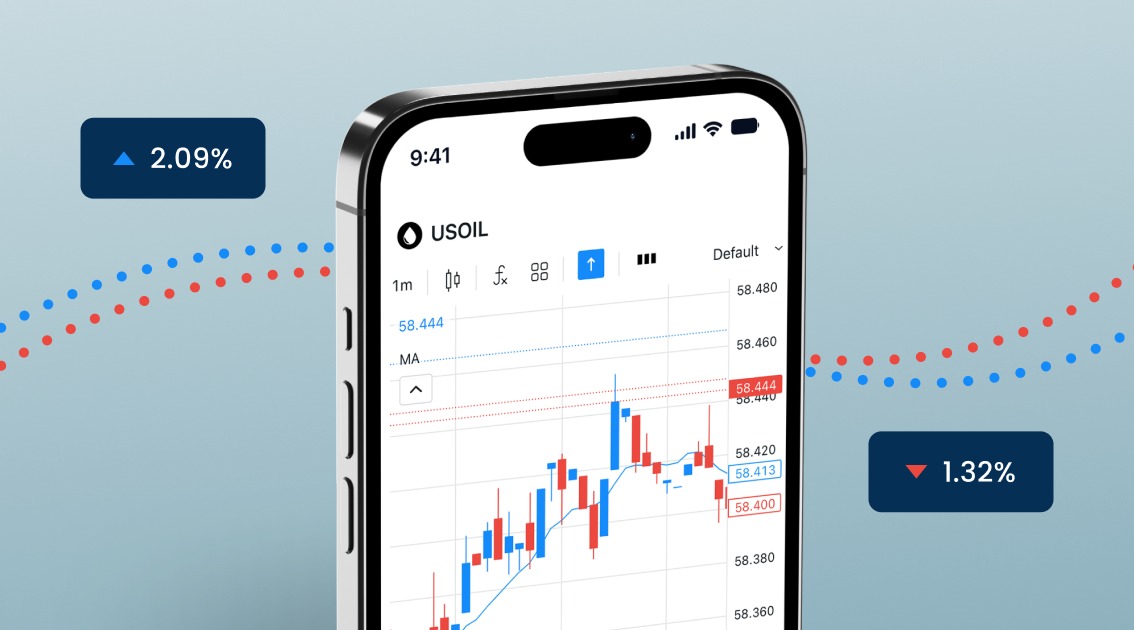UBS agreed to buy rival Credit Suisse on Sunday, the Swiss bank officially confirmed. UBS will pay 3 billion Swiss francs ($3.23 billion) and assume up to $5.4 billion in losses in a deal expected to close by the end of 2023.
UBS to Takeover Credit Suisse
Following the ongoing crisis with Credit Suisse, the Swiss Federal Department of Finance, FINMA, and the Swiss National Bank initiated the deal discussions. The Swiss financial market regulator already approved the takeover deal and did not need any shareholders' approval.
"This acquisition is attractive for UBS shareholders but, let us be clear, as far as Credit Suisse is concerned, this is an emergency rescue," said the Chairman at UBS, Colm Kelleher. "We have structured a transaction which will preserve the value left in the business while limiting our downside exposure."
The deal was favorable to UBS as it agreed to pay about CHF 0.76 a share of its own stock to acquire the rival bank. The accepted price remains much lower than Credit Suisse's closing share price of CHF 1.86 on Friday.
"Acquiring Credit Suisse's capabilities in wealth, asset management and Swiss universal banking will augment UBS's strategy of growing its capital-light businesses. The transaction will bring benefits to clients and create long-term sustainable value for our investors," Kelleher added.
The Deal Will Strengthen UBS' Global Position
Following the completion of the takeover deal, the merged UBS and Credit Suisse entity will have more than $5 trillion in total invested assets. In addition, it will make UBS the largest wealth manager with the combined investment banking unit capturing about 25 percent of its risk-weighted assets.
In the combined entity, Kelleher will be the Chairman, and UBS' current CEO, Ralph Hamers will helm as the Group CEO.
"Bringing UBS and Credit Suisse together will build on UBS’s strengths and further enhance our ability to serve our clients globally and deepen our best-in-class capabilities," said Hamers. "The combination supports our growth ambitions in the Americas and Asia while adding scale to our business in Europe."
Avoiding a Swiss Banking Crisis
According to the Reuters report, in a sign of a coordinated global response, the U.S. Federal Reserve said it had joined with central banks in Canada, England, Japan, the EU, and Switzerland in a coordinated action to enhance market liquidity. The European Central Bank vowed to support eurozone banks with loans if needed, adding the Swiss rescue of Credit Suisse was "instrumental" in restoring calm.
On Thursday, Credit Suisse confirmed its intention to borrow up to CHF 50 billion (about $54 billion) from the Swiss National Bank to support liquidity and investor confidence after shares of the bank continued a steep downward momentum. Credit Suisse's decision occurred after the Swiss regulators came forward with an emergency liquidity lifeline to pull out the lender from any potential crisis as the bank's share price dropped around 30 percent on Wednesday.
The Swiss Finance Minister, Karin Keller-Sutter stressed that the UBS-Credit Suisse deal is "not a bailout," adding: "The bankruptcy would have had huge collateral damage on the Swiss financial market and with a risk of contagion internationally... The US and UK were very grateful for this solution... they really feared a bankruptcy of Credit Suisse."
However, several industry experts disagree and believe the deal came as a bailout for Credit Suisse.
Credit Suisse, with assets of about CHF 530 billion ($573 billion), is the first major global bank to receive an emergency lifeline since the financial crisis in 2008. The lender was already in trouble after posting a yearly loss of CHF 7.3 billion, which is its biggest loss since the 2008 crisis. Moreover, it highlighted "material weaknesses" in its control and reporting processes over the past two years in a delayed report lodged in the United States. Meanwhile, UBS made a profit of $7.6 billion for the same period.

















